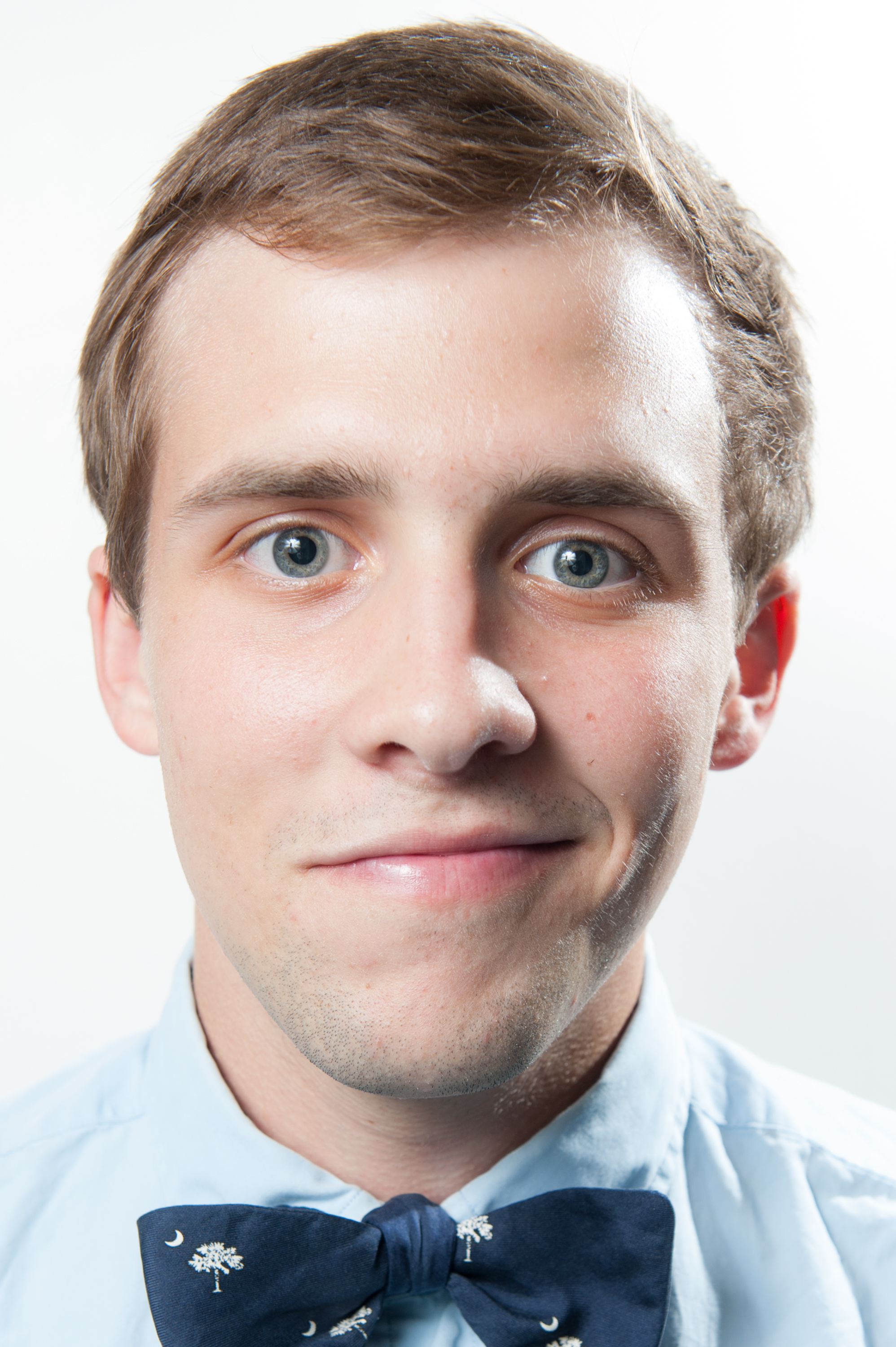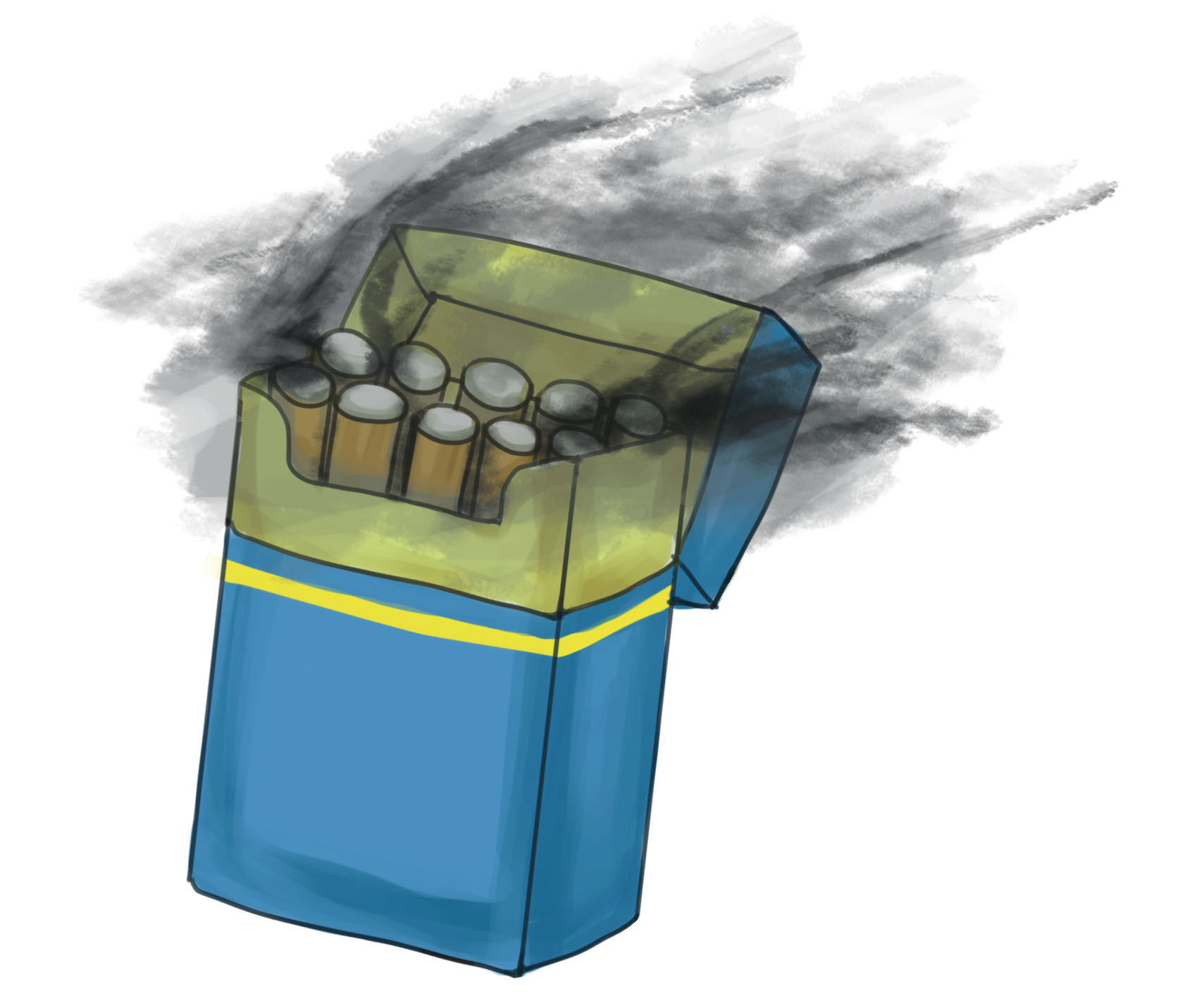
As part of a broader push by campus administration to become the “healthiest college campus in the country,” UCLA will become a tobacco-free campus on Earth Day, April 22, 2013, according to an email sent by Chancellor Gene Block to the UCLA community last week.
UCLA is the first University of California campus to announce a complete tobacco-free policy, joining more than 800 colleges and universities who have already applied similar policies.
Block’s concern is for the health of all students, faculty and employees.
However, the distinction between a smoking ban and a tobacco ban is an important one. The latter also includes products like chewing tobacco and electronic cigarettes. If the concern lay only with secondhand smoke and litter from non-biodegradable cigarette butts, both of which certainly pose health and environmental problems, a smoking ban would be sufficient.
But by unilaterally prohibiting tobacco in all forms, this particular ban reaches beyond such concerns and steps into the sphere of personal lifestyle choices.
It is regrettable that UCLA seems unable trust its students and community members to act of their own accord on this issue. Even more regrettable is that the UCLA administration seems to have marginalized a segment of the campus community on account of legal, albeit addictive, consumption habits.
Tobacco use is undoubtedly harmful, but UCLA’s refusal to accommodate students, faculty members and staff consumers constitutes an unfair public condemnation of a particular group that could easily be obliged at no one else’s expense.
By banning tobacco substances ““ including those like chewing tobacco that cause few, if any, consequences to passersby ““ smokers, chewers and dippers will be left without a place to exercise their rights.
The new policy leaves students and taxpayers, all of whom have a claim on public property, at a loss. At the very least, having designated tobacco consumption areas would serve as an adequate compromise, giving many their right to a cleaner campus devoid of secondhand smoke and others a place to use tobacco.
Yes, tobacco consumption is a choice, but denying members of the Bruin community this choice seems too extreme, even if it is in keeping with the vision of a healthier campus.
Such an infringement on any group’s civil liberties by means of a far-reaching policy should sound alarms in the minds of all Bruins in favor of an open and inclusive community.
Students, staff and faculty have the right to use tobacco products, make personal decisions and ultimately hold responsibility for their own health inside and outside of campus. Healthiness should not be a mandate.
A tobacco ban is certainly well-intentioned ““ more than five million deaths occur worldwide every year due to tobacco, and smoking alone costs more than $193 billion in health care expenditures and lost productivity, according to the Centers for Disease Control and Prevention. Combined with tobacco-related cancer rates, these figures are frightening.
On paper, this ban appears to be well-aimed, but by mandating rather than incentivizing a “healthy” lifestyle, the university treads heavily on a fine line. Additionally, it remains to be seen whether UCLA will actually be able to enforce the ban.
For one, UCLA, as a state university, sits on public property and does not have the luxury of operating privately ““ and thus, has a limited ability to follow up on tobacco infractions.
These policies ultimately question our rights to personal freedoms in the public sphere ““ what we eat, drink and, in this case, smoke.
Email Ugarte at rugarte@media.ucla.edu. Send general comments to opinion@media.ucla.edu or tweet us @DBOpinion.
